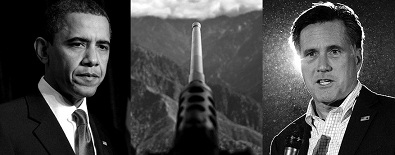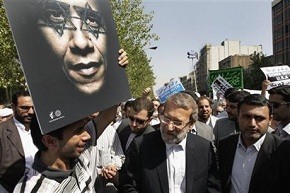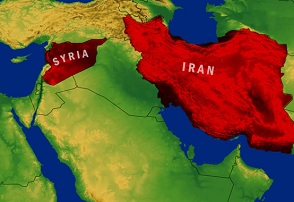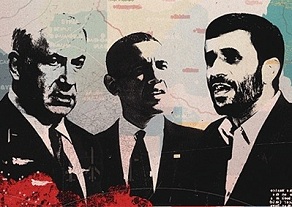Rumors of Wars
The presidential candidates’ failure to have a serious discussion about Afghanistan and America’s other ongoing wars has been noted by many. Mitt Romney did not mention Afghanistan at all in his acceptance address. In his defense, he cited a speech made to the American Legion on the night before his appearance in Tampa. “The president was also invited to the American Legion and he was too busy to go. It was during my convention. I went to the American Legion, described my views with regards to our military, my commitment to our military, my commitment to our men and women in uniform.”
Paul Ryan also pitched in to defend the Afghanistan omission, telling Charlie Rose on Sept. 4 that Romney “repeatedly” speaks about Afghanistan, expressing gratitude for the “sacrifice of our troops” and striving for “peace through strength.” He also noted that he had spoken about veterans in his own convention speech, “I talked about veterans and what they’ve done for our country.” The remainder of the Ryan interview, including a series of foreign policy bromides bereft of any content, was largely incoherent, concluding with a comment that the President Romney position on Afghanistan would include making “an assessment” through consulting with “our generals” on how to manage security arrangements both preceding and after 2014.


































